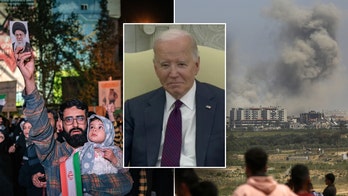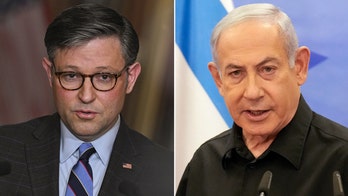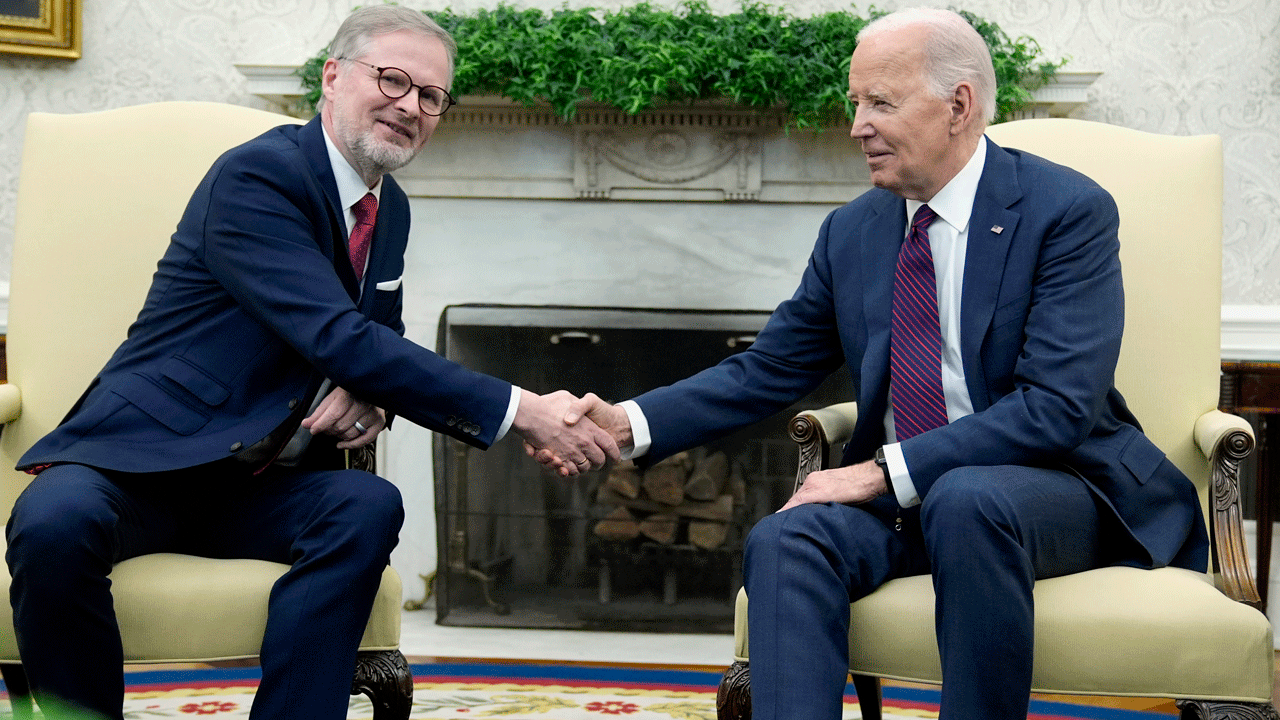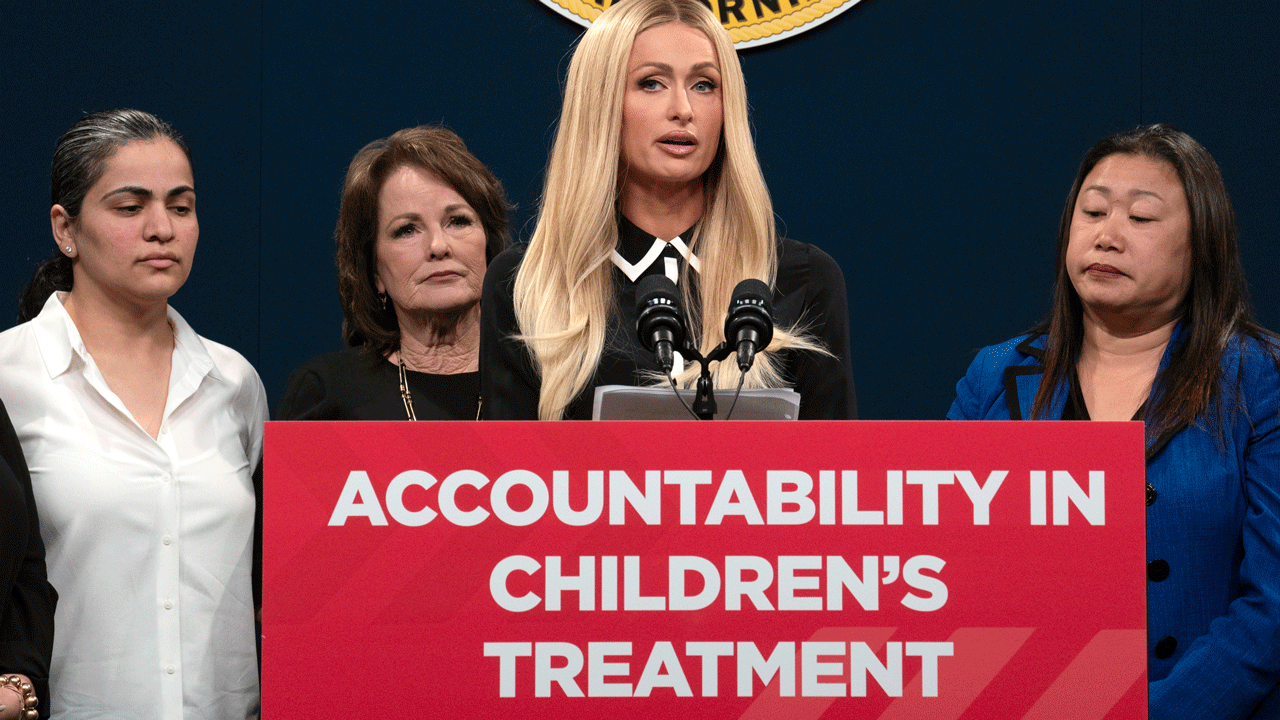RANCHO MIRAGE, Calif. – President Barack Obama used an unusually lengthy and informal desert summit to present Chinese President Xi Jinping with detailed evidence of intellectual property theft emanating from his country, as a top U.S. official declared Saturday that cybersecurity is now at the "center of the relationship" between the world's largest economies.
While there were few clear policy breakthroughs on cybersecurity, U.S. officials said Obama and Xi were in broad agreement over the need for North Korea to be denuclearized. And both countries expressed optimism that the closer personal ties forged between the two leaders during the California summit could stem the mistrust between the world powers.
Still, Obama's national security adviser Tom Donilon said resolving cybersecurity issues would be "key to the future" of the relationship.
Obama told Xi that "if it's not addressed, if it continues to be this direct theft of United States property, that this was going to be very difficult problem in the economic relationship and was going to be an inhibitor to the relationship really reaching its full potential," Donilon told reporters following the summit.
In their own recap of the meetings, Chinese officials said Xi opposed all forms of cyberspying, but claimed no responsibility for attacks against the U.S.
"Cybersecurity should not become the root cause of mutual suspicion and frictions between our two countries. Rather, it should be a new bright spot in our cooperation," said Yang Jiechi, Xi's senior foreign policy adviser.
Obama and Xi met for about eight hours over the course of two days, a significant and unusual investment of time for both presidents. Their talks included a working dinner of lobster tamales, Porterhouse steak and cherry pie prepared by celebrity chef Bobby Flay, and a morning walk through the manicured gardens of the 200-acre estate on the edge of the Mojave Desert.
During their walk, the leaders stopped to sit on a wooden park bench that Obama presented to Xi as a gift. The date and location of their meeting was engraved on the bench in English and Chinese.
The U.S. president told reporters that the talks were "terrific" as he and Xi walked side by side, both having ditched jackets and ties in a nod to the summit's informal atmosphere. The leaders closed the summit in low-key style, with no formal statements to the press, just a private tea with Xi's wife.
Obama and Xi did take a significant step toward tackling climate change, announcing that their countries had agreed for the first time to partner on reducing hydrofluorocarbons, a potent greenhouse gas used in refrigerators, air conditioners, and industrial applications.
The discussions on North Korea also proved promising, Donilon said, with the leaders agreeing that neither country will accept North Korea as a nuclear-armed state.
While China is Pyongyang's strongest ally and economic benefactor, Xi has signaled a growing impatience with North Korea's unpredictable and provocative nuclear threats.
"China has taken a number of steps in recent months to send a clear message to North Korea, including though enhanced enforcement of sanctions and through public statements by the senior leadership in China," Donilon said.
U.S. officials are hoping that Xi, who took office in March, proves to be a new brand of Chinese leader. He has deeper ties to the U.S. than his predecessors, given that he lived in Iowa briefly as a visiting official and sent his daughter to college in the U.S.
The two leaders appear to have more in common than Obama had with former Chinese leader Hu Jintao, who often appeared stiff and formal in meetings. Both men are in their 50s and share a love of sports: swimming and soccer on Xi's side, basketball and golf on Obama's. Both are also married to glamorous, high-profile wives who have played a strong role in shaping their images.
Xi also appeared to relish in the more informal talks. An Obama administration official said he discussed at length growing up in the Chinese countryside during his country's cultural revolution and how the experience impacted his perspective on China's development. Xi also broke out a bottle of "Maotai," a famous Chinese liquor, to toast Obama during Friday's working dinner, according to the official, who insisted on anonymity in order to discuss the private meetings.
The two leaders will likely meet again in September, on the sidelines of an international economic summit in Russia. Xi also invited Obama to travel to China soon for a similarly informal round of one-on-one talks.




